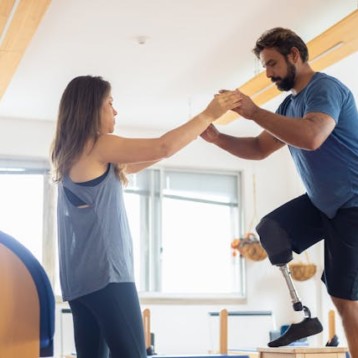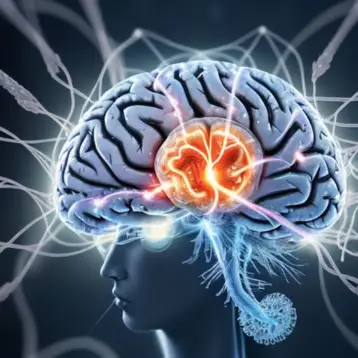|
Aside from the hand-eye coordination improvement, many people believe that playing video games do not have additional value. These “people” are mainly parents (when the gamers are teenagers) or spouses, worried that too much time is being spent in front of the X-Box or PC.
Now, research conducted at the University of Rochester indicates that playing action video games has other benefits. Today you can get some great prices on used games at sites like TheOldSchoolGameVault.com which has a huge variety of action style games. The main one is increasing peoples’ ability to make the right decisions in less time. The irony, of course, is that a passive activity (sitting on the couch) improves an active one – thinking while being “on the run,” or just making decisions while under pressure.
The research team experimented by dividing non-gamers (aged 18 to 25) into two groups. One group played 50 hours of the fast-paced games “Call of Duty 2” and “Unreal Tournament,” while the other group played the much slower “The Sims 2.” Afterwards, the subjects had to perform tests that required them to make quick decisions. Such decisions included observing information on a computer (sometimes only visual, sometimes only auditory), and having to answer a question regarding that information as quickly as possible.
The results were conclusive: action gamers answered up to 25 percent faster, and just as accurately as their Sims-playing counterparts. “It’s not the case that the action game players are trigger-happy and less accurate: They are just as accurate and also faster,” commented study author Daphne Bavelier.
The cause for the enhanced abilities is probabilistic inference. According to theory, when one surveys a situation, his brain gathers bits of visual and auditory information until it has enough to make what it considers to be an accurate decision. In this experiment, the researchers trained action gamers’ brains to gather those bits of information more efficiently, accumulating enough to make a decision more quickly than slow- or non-gamers.
Bavelier thinks his study shows the advantage action gamers have over non-action gamers. “Action game players make more correct decisions per unit time. If you are a surgeon or you are in the middle of a battlefield, that can make all the difference,” he said. However, when researching decisions, Bavelier reminds us that they are never black and white. “The brain is always computing probabilities. As you drive, for instance, you may see a movement on your right, estimate whether you are on a collision course, and based on that probability make a binary decision: brake or don’t brake.” Obviously, in this situation braking could lead to a different kind of accident – someone bumping us from the rear, for instance.
While the empiric evidence – published in the journal Current Biology – sounds convincing, critics would probably hold their ground, claiming that spending 50 hours playing video games each week still has its toll, usually in the form of obesity, or plain social detachment. The exception, according to the research team, is games that involve physical activity, such as Nintendo’s Wii.
For more information about the decision-making improvement derived from action video games, listen to the interview University of Rochester’s team had with the BBC.











